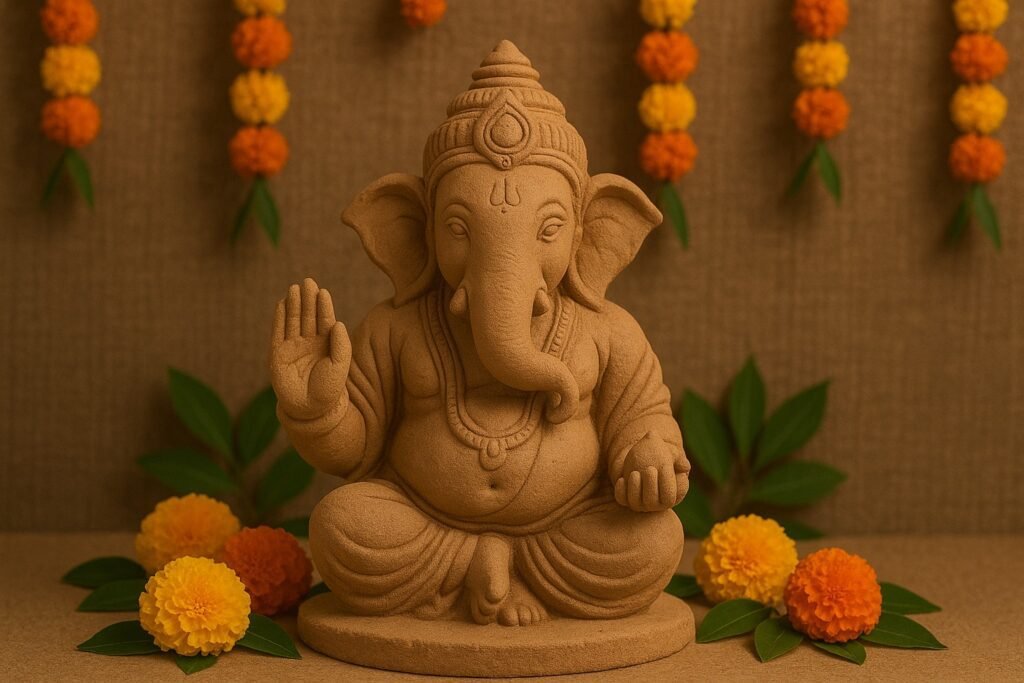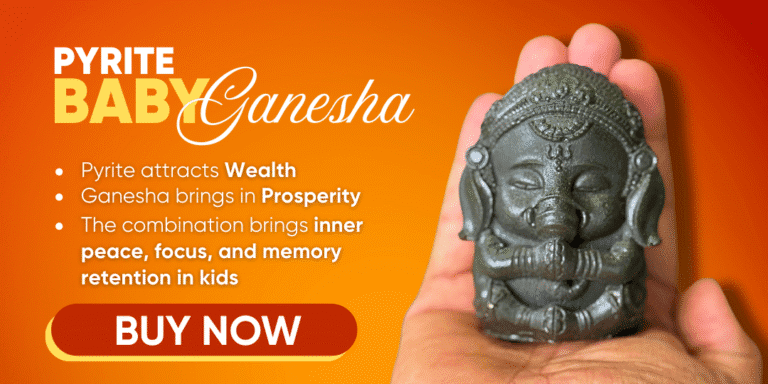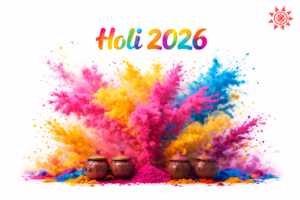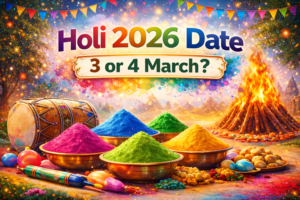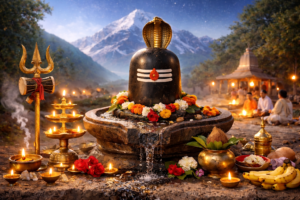Introduction
Ganesh Chaturthi, also known as Vinayaka Chaturthi, is one of the most significant Hindu festivals in India. It marks the birth of Lord Ganesha, the remover of obstacles, the giver of wisdom, and the harbinger of prosperity.
In Maharashtra, especially in coastal regions, the festival goes beyond devotion. It is a blend of history, unity, and gratitude towards nature. From Lokmanya Tilak’s vision to the Koli fishermen’s traditions, Ganesh Chaturthi and Visarjan are powerful stories of culture and spirituality.
History of Ganesh Chaturthi
- Originally a private household ritual.
- In 1893, freedom fighter Lokmanya Bal Gangadhar Tilak transformed it into a public festival.
- Tilak’s aim: unite Indians during British rule under a shared cultural identity.
- The shift turned Ganesh Chaturthi into a festival of unity and nationalism.
The Meaning of Ganesh Visarjan
The grand conclusion of Ganesh Chaturthi is Ganesh Visarjan — the immersion of idols in rivers, lakes, or the sea.
Visarjan represents:
- Lord Ganesha’s return to Mount Kailash.
- The cycle of creation and dissolution in Hindu philosophy.
- The removal of obstacles and renewal of hope.
Chants of “Ganpati Bappa Morya, Pudhchya Varshi Lavkar Ya!” (O Lord Ganesha, come again next year) fill the air, reminding devotees of impermanence and the promise of return.
- Lord Ganesha’s return to Mount Kailash.
Coastal & Fishermen Traditions
For the Koli fishermen community of Maharashtra, Ganesh Chaturthi is deeply tied to the sea.
- Sea Immersion: Idols are immersed directly into the Arabian Sea, symbolizing gratitude to the waters that provide livelihood.
- Gauri Puja: Fisherfolk also worship Goddess Gauri, representing fertility, prosperity, and family blessings.
- Songs & Folk Dances: Traditional Koli songs, drums, and dances bring a unique cultural flavor to visarjan processions.
Here, visarjan is not just ritual, but also a thanksgiving ceremony to nature.
- Sea Immersion: Idols are immersed directly into the Arabian Sea, symbolizing gratitude to the waters that provide livelihood.
Lalbaugcha Raja: A Fishermen’s Legacy
One of the most iconic Ganesh idols is Lalbaugcha Raja in Mumbai.
- Origin in 1934: When fishermen and vendors of Lalbaug lost their market, they prayed to Lord Ganesha.
- After their livelihoods were restored, they installed an idol in gratitude.
- This idol became known as Lalbaugcha Raja, Mumbai’s most revered Ganesh.
Today, millions visit Lalbaugcha Raja every year. The visarjan ends in the Arabian Sea, keeping alive the fishermen’s traditions that began almost a century ago.
- Origin in 1934: When fishermen and vendors of Lalbaug lost their market, they prayed to Lord Ganesha.
Eco-Friendly Visarjan
Traditionally, idols were made of clay (mitti) that dissolved naturally in water, leaving no pollution.
However, modern plaster idols caused environmental damage. Many rivers and seas faced pollution after visarjan.
Now, communities are returning to:
- Clay idols
- Paper-mâché idols
- Natural fiber Ganeshas
This revival ensures that devotion remains in harmony with the environment.
- Clay idols
Lessons from Ganesh Chaturthi
Ganesh Chaturthi is not only about worship. It offers life lessons:
- Unity in diversity – Tilak’s vision of bringing people together.
- Respect for nature – eco-friendly idols as a return to balance.
- Gratitude in adversity – fishermen offering visarjan to the sea.
Impermanence of life – visarjan reminds us that endings are beginnings.
- Unity in diversity – Tilak’s vision of bringing people together.
Conclusion
Ganesh Chaturthi & Visarjan are more than rituals — they are living traditions that continue to inspire faith, unity, and sustainability.
From Tilak’s patriotic leadership to the fishermen’s gratitude to the sea, from Lalbaugcha Raja’s story to eco-friendly visarjan, the festival evolves while keeping its essence alive.
Every visarjan is not just a farewell — it is a promise:
Ganpati Bappa Morya! Pudhchya Varshi Lavkar Ya!





